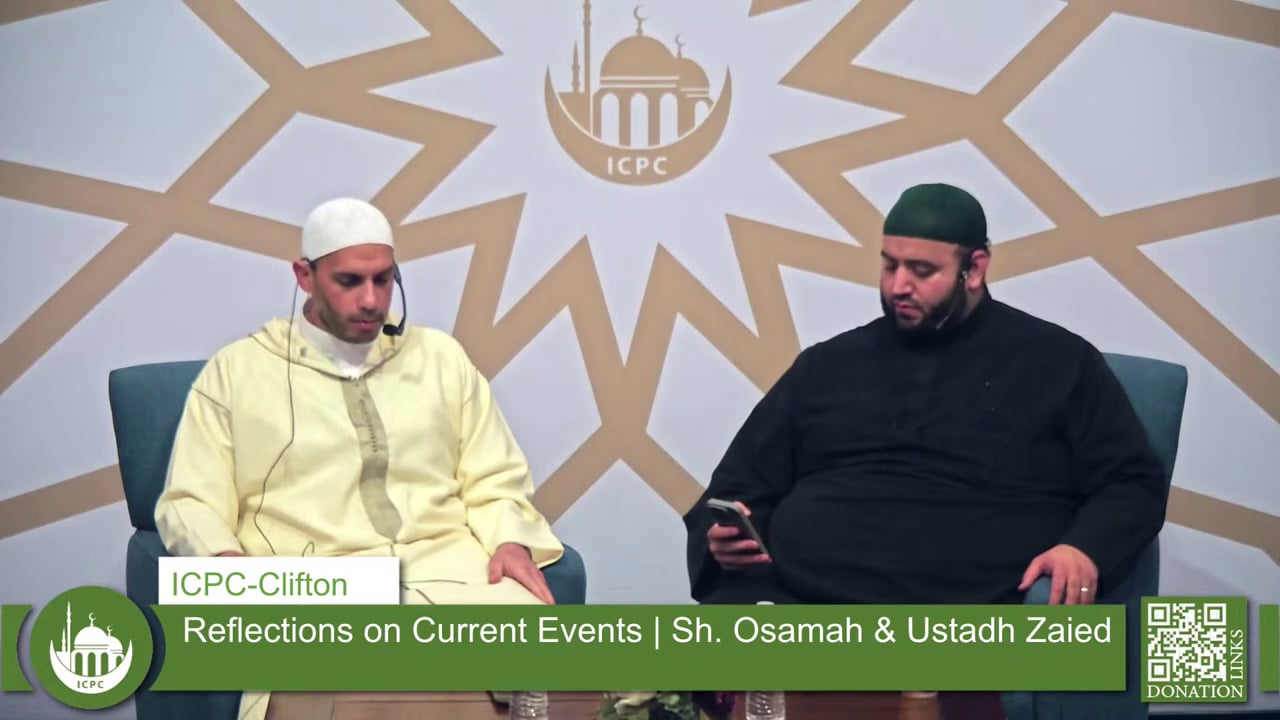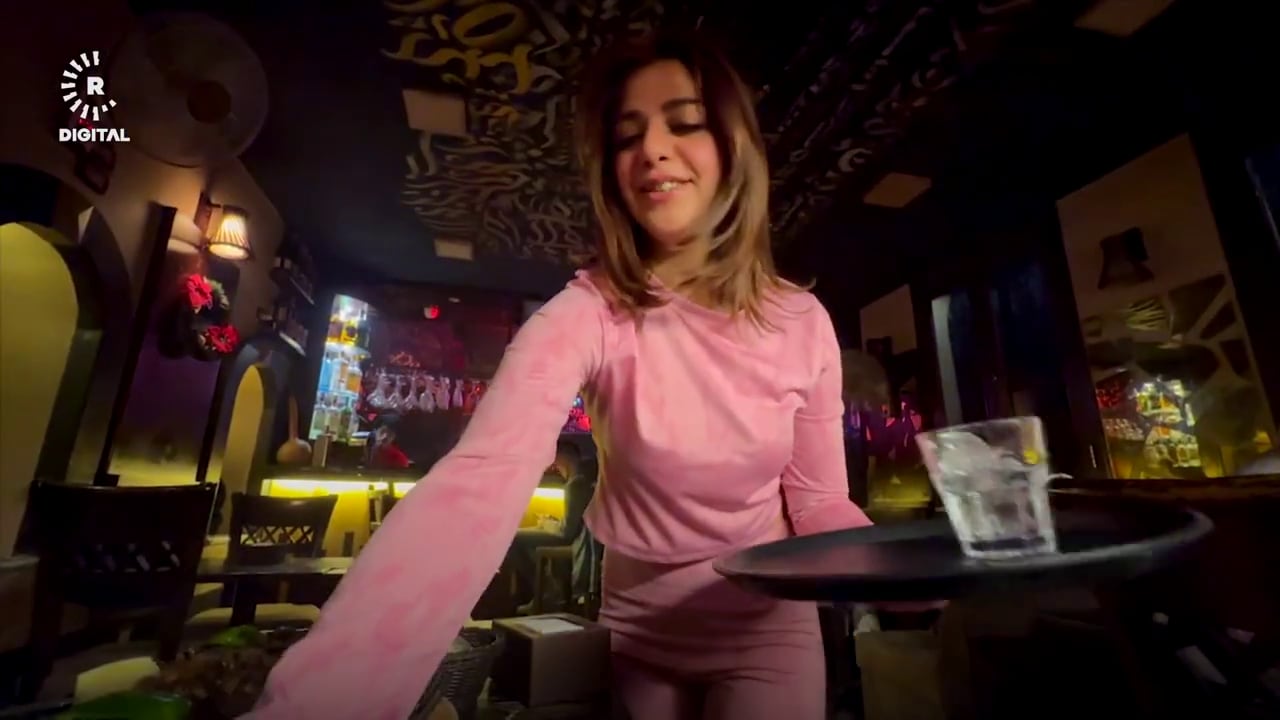
Following are excerpts from an interview with Jibril Rajoub, deputy secretary of the Fatah Central Committee, which aired on Al-Mayadeen TV on May 1, 2013:
Jibril Rajoub: In Palestine, we believe that what is known as the Arab Spring – supposedly a rosy, sweet, joyful period of prosperity – is, in fact, American both in spirit and in content.
Interviewer: The Arab Spring throughout the region?
Jibril Rajoub: This has been our view from the outset, and that is why we distanced ourselves from the events. We respect the will and the rights of the peoples of the region, but...
Interviewer: You are referring to the Fatah movement?
Jibril Rajoub: Yes. Yes. Fatah has deeper historical roots than people who only recently remembered the occupation and the Palestinians. We are the ones who restored dignity to the Arabs after the 1967 defeat. It is we who sparked the revolution, although we do not brag about it, and we continue to lead the liberation movement in Palestine and abroad. This was always our position, and it still is. There are half a million Palestinians living in Syria, and they have been treated as Syrians by the authorities since 1948. Syria's role in our struggle – both religiously and internationally – requires us to preserve Syria's unity and capabilities, so that it will remain an influential country in the conflict [with Israel]. We really hope that Syria will preserve its unity. Believe me, we may be the people who suffered most from the Syrian regime, but our priority is the struggle against the occupation, and the struggle to liberate Palestine. Therefore, we are not gloating over what is happening in Syria. On the contrary, it breaks our hearts.
[...]
With regard to the kind of Islam that claims that "Islam is the solution" – I think that the experience we have had is not that encouraging. We [saw] what happened in Algeria, and we see what is happening today in Egypt and parts of Libya, and even in Tunisia, to some extent. I think that this is leading our Arab and Islamic nation to destruction. This completely contradicts the values and precepts of Islam.
[...]
If what we have at hand is an "Islamic Spring," then let me tell you – this will bring us to annihilation. This [Arab Spring] is American both in form and in content, and therefore, I hope that people will reexamine....
Interviewer: How can it be American? After all, it was the people who took to the streets, and brought about the revolutions.
Jibril Rajoub: We are not against the revolutions. On the contrary, we are rebels ourselves, we love all rebels, and we'd like to se the whole world waging revolutions. But on what grounds and according to what perspective? If you are asking me as a Palestinian, I will tell you that our struggle is against the Israeli occupation, and that our main enemy – not just of the Palestinians, but of all the Arabs and Muslims – is Israel and the Israeli occupation. If we had seen a general mobilization – money flowing, and armies marching to liberate Jerusalem, with unsheathed swords against the Zionist enemy – that would have been a great thing. But I hope that the Palestinian cause is not dragged into this mutual slaughtering. This will not benefit us. Getting involved in this will only harm us.
[....]
The Muslim Brotherhood has been present in Palestine since the 1930's. The Hamas movement came into being in 1987. If Hamas had not embraced the armed struggle, it would have remained an isolated religious movement, with no real influence on the Palestinian national decision-making.
[...]
[Hamas] had better understand that its only path to regional and international legitimacy is through the unity of the Palestinian people, and the unity of the Palestinian leadership, with the P.L.O. at its helm.
Interviewer: Only through the P.L.O?
Jibril Rajoub: It is impossible otherwise. No Arab regime can play the game of creating an alternative for the P.L.O as the sole legitimate representative of the Palestinian people.
Interviewer: Why are you so sure of that?
Jibril Rajoub: Because we are Palestinians. We're tough and nobody will place someone else in our chair. We [the P.L.O] have earned our position as a representative with blood, and by fighting against the Israeli occupation...
Interviewer: And with diplomacy as well... Some Arab regimes support Hamas....
Jibril Rajoub: Madam, let me use completely undiplomatic words. Whoever wants to play games with us over who represents the Palestinians is carrying his coffin on his back. There are three issues regarding Palestine that nobody is allowed to toy with, regardless of the background of this or that regime. [The first] is the independent Palestinian state as the solution for this conflict....
Interviewer: A state in the 1967 borders?
Jibril Rajoub: 1967 or not – we're looking for a place under the sun for this people. 1967 or not....
Interviewer: It is you who talked about the 1967 borders.
Jibril Rajoub: Do our brothers in Hamas say something else? Show me a single Arab regime that had a strategy to destroy the Zionist entity.
Interviewer: Hamas is fighting to liberate the land of Palestine in its entirety.
Jibril Rajoub: Madam, are you an advocate for Hamas now? We've reached an agreement with Khaled Mash'al, head of Hamas's political bureau – and he was reelected on the basis of that agreement – that we want a fully sovereign, independent Palestinian state, with East Jerusalem as its capital, and a solution to the refugee problem, in keeping with Arab League resolutions, the [Right of] Return, and all that. There is no disagreement [with Hamas] over this. Dear Madam...
Interviewer: So you said there were three issues...
Jibril Rajoub: So let me finish... The state is the solution. Gaza will not join Egypt, and the West Bank will not join Jordan. There will be a fully sovereign Palestinian state. The second issue is the P.L.O.'s status as the single legitimate representative of the Palestinian people, in keeping with the resolutions of successive Arab summits. The third issue is that political partnership in Palestine should be based on a democratic process and free and fair elections. Any regime that toys with any of these three issues – let me tell you, we will declare war against it. I do not advise any Arab regime...
Interviewer: What kind of war?
Jibril Rajoub: Madame, don't even go there. We will cross that bridge when we reach it.
[...]
The resistance, for us in Fatah, is still on the agenda. I am talking about resistance in all its forms. Currently, we are convinced that popular resistance is effective, and makes the occupation costly for the other side. Nobody can lecture us about resistance, but when we want the Arabs to make the same decision, because the 4.5 million Palestinians in Gaza, Jerusalem, and the West Bank are the most important bargaining chip in our efforts to realize the Palestinian national identity, state, and sovereignty over Palestinian lands.
[...]
Obama came to the region to defend his interests in it. He came in order to protect Israel, which is the investment of America and the West in the region. Obama came in order to preserve the consumer markets, the sea passages, American trade, and American national security. He did not come for the sake of Abu Mazen and the Palestinian Authority.
[...]
We said to Obama and Kerry the same thing we say to you and to the whole world: We will not return to the negotiating table without the U.N. resolutions as a source of authority, including a time frame, and a freeze on all unilateral Israeli measures – Jerusalem, the wall, the settlements, and the prisoners. We said this [to Obama]. Then Kerry visited us three times, and we told him the same thing...
Interviewer: And then you heard the Israelis reject this...
Jibril Rajoub: You should bear in mind that we don't have a nuclear weapon yet. By God, if we'd had a nuclear weapon, we would have used it this morning. Believe me, our sick are dying in our hospitals. I don't want to go into the issue of which rich countries abide by the aid resolutions of the Arab summits – Saudi Arabia, Kuwait, and Algeria.
[...]














